General Manager Steve Keim (left) and coach Bruce Arians have a discussion during a recent meeting in the Cardinals' draft room.
If a player has a colored dot next his name on the Cardinals’ draft board, there must be a pause.
Alongside all the names and positions and 40 times, some players will get a dot – some, more than one. The red ones are for medical concerns – one for a risk, two to stay away, three because the player failed a physical. A green dot comes from a positive test for a banned substance at the Combine. Blue means a verified arrest. Yellow is a character concern.
In a league where off-field issues have never drawn more scrutiny, where investing in a player means seven-figure contracts, dots matter.
How much they matter, to a team and to each individual player, is what must be sorted out.
"It's always going to be enticing for us, regardless of their issues, if they have tremendous skills," General Manager Steve Keim said, in a comment last week that got wide-spread national attention. "I've said this before – If Hannibal
Lecter ran a 4.3 we'd probably diagnose it as an eating disorder. It's tough. When you see a guy with a tremendous amount of talent but he's got off-field issues, you're thinking to yourself, 'What kind of kid really is he?' "
There are always those players that are – or should be – at the top end of the draft facing such a question. The news that Missouri pass rusher Shane Ray was cited for marijuana possession after a traffic stop earlier this week is yet another dot-worthy moment for a player who is also dealing with a foot injury. Nebraska's Randy Gregory, another top pass rusher, failed a drug test at the combine.
Both players would seem to have the potential of elite edge rusher production – a position the Cardinals need. Because of their issues, both could be available when the Cardinals pick at 24. But would they? Should they?
"I think the conversation in the draft room typically is how do you mitigate the risk?" NFL Network analyst Mike Mayock said. "You want the reward, but how do you mitigate the risk? Typically the answer is rather than taking him off the board entirely is we'll assume that downsized value at a certain point.
"It's a combination of kind of financial and overall risk/reward analysis."
Keim already said there are players that have already been eliminated from the Cardinals' consideration because of injury or character issues. Both are very different factors. Georgia running back Todd Gurley looks like a potential star – except that his just tore his ACL late last college season. He likely won't be truly ready to play until well into 2015, and as the Cardinals saw with safety Tyrann Mathieu and nose tackle Alameda Ta'amu, a torn ACL sometimes derails most of the entire next season.
But injuries tend to be an easier read than other off-field problems. And not all off-field issues are created equal –
problems with marijuana are different than, say, the assault incident of Oklahoma wide receiver Dorial Green-Beckham (who also has dealt with marijuana problems) or the behavioral issues of talented cornerback Marcus Peters, who was kicked off Washington's team because of repeated conflicts with coaches.
The Cardinals have seen both sides of risky players. Mathieu didn't play college football the season before the Cards drafted him in the third round because of problems with marijuana. Meanwhile, linebacker Daryl Washington is still serving a one-year suspension – his second NFL suspension – for violating the NFL's substance abuse policy.
The decision to take or not take such a player is not taken lightly; team president Michael Bidwill is involved in discussions of any potential risk pick.
The Cards were confident in Mathieu's chances for success because he had a support system in place – former college teammate Patrick Peterson was and is close to Mathieu – and because Keim believes in Mathieu's love for the game. Washington, when and if he is reinstated, still has work to do to regain trust from the organization.
"I say all the time that we miss more on the person than we miss on the player," Keim said. "So that's a huge part of the process. The stuff that continues to come out about players off the field are warning signs and you have to pay attention to them."
Choosing at 24 could very well put the Cardinals at the epicenter of some of these difficult decisions. But the discussions would have already happened – both among the team's power brokers and with the potential players – and the Cards would have formed their perspective.
The dots have been distributed, and Thursday, everyone finds out what that means in the draft.
"You realize through years of experience that guys either don't make it because they have off-field issues, they have injuries, they can't learn it or they don't love it enough," Keim said. "Those are really to me the four principles of why guys don't make it. You look at players and you say, 'Is he a complete player? Does he play hard? Does he play smart? Does he play physical?' If you can check the boxes there, I think you have a chance."
Images of the Cardinals' first-round picks since moving to Arizona in advance of Thursday's first round

1988: California LB Ken Harvey
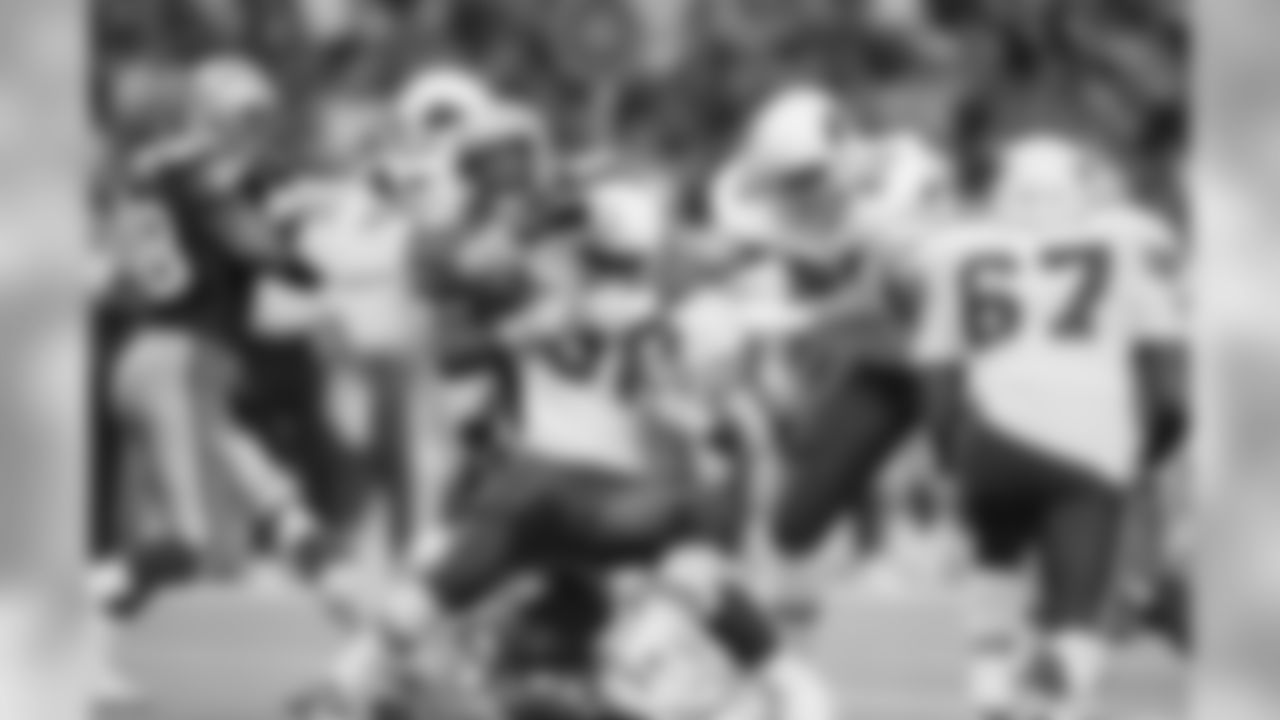
1989: Boston College G Joe Wolf (No. 68)
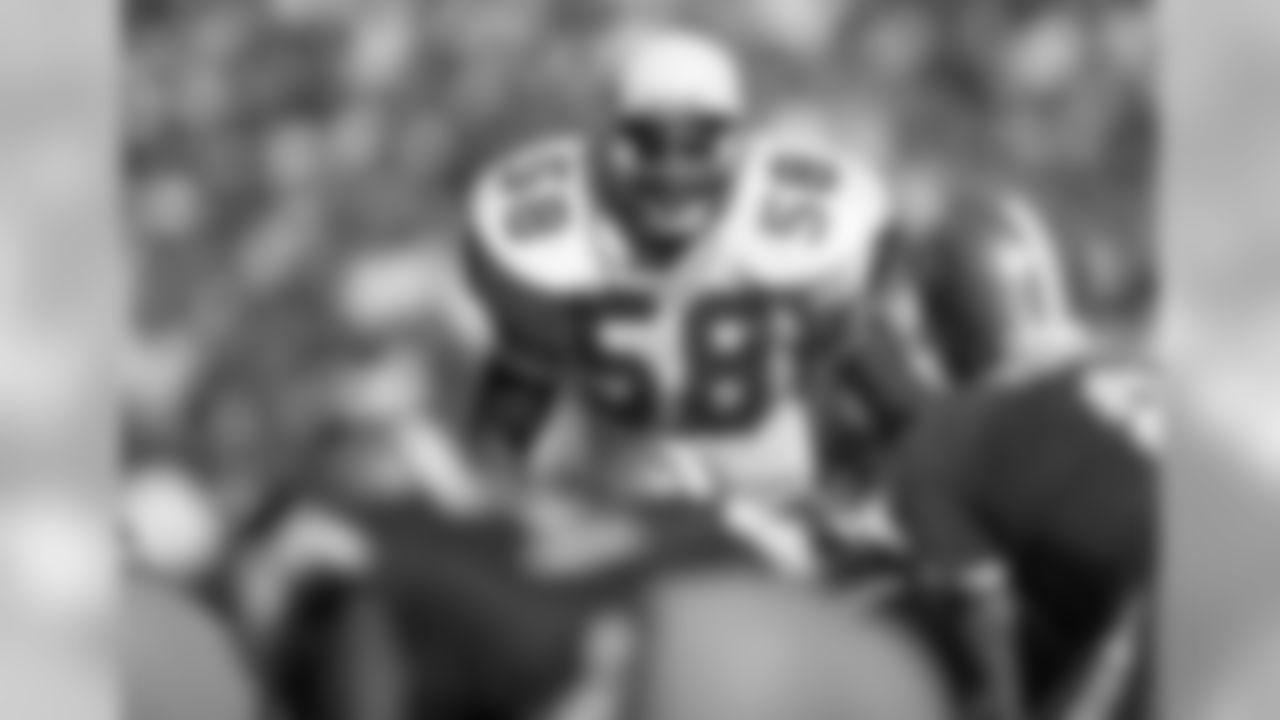
1989: LSU LB Eric Hill
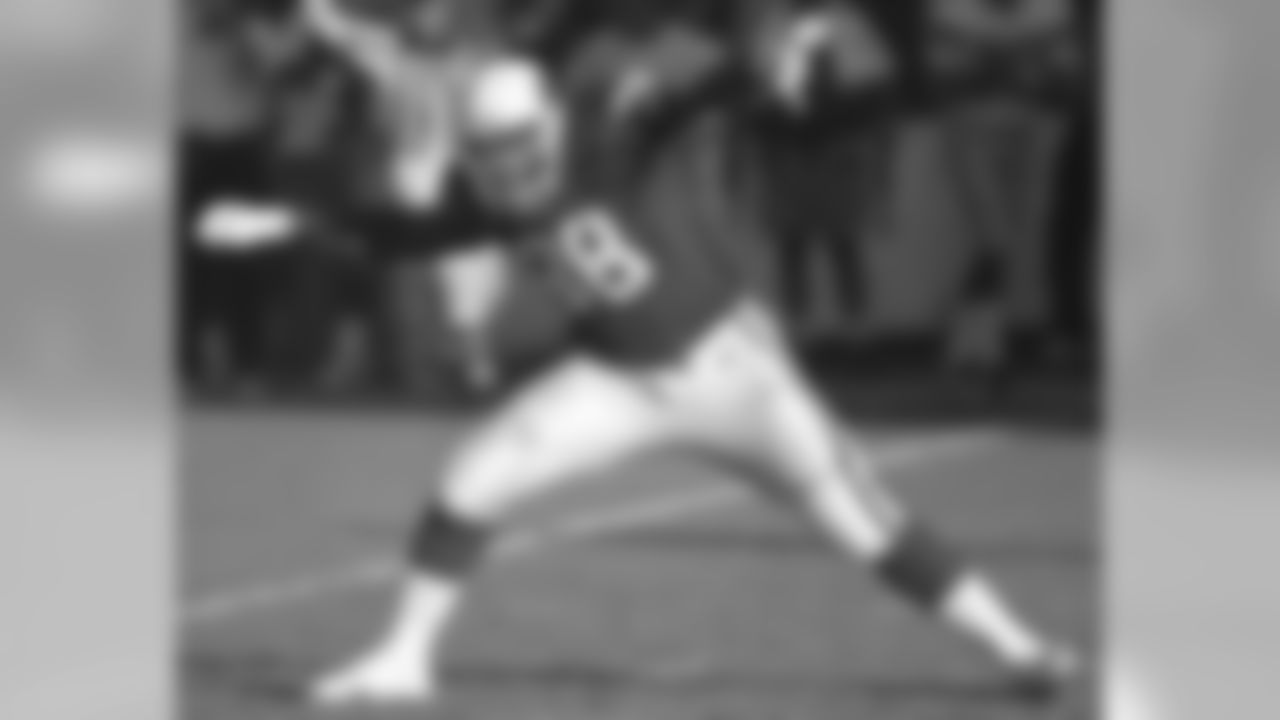
1991: DT Eric Swann

1993: Georgia RB Garrison Hearst

1993: South Carolina T Ernest Dye

1994: UCLA LB Jamir Miller
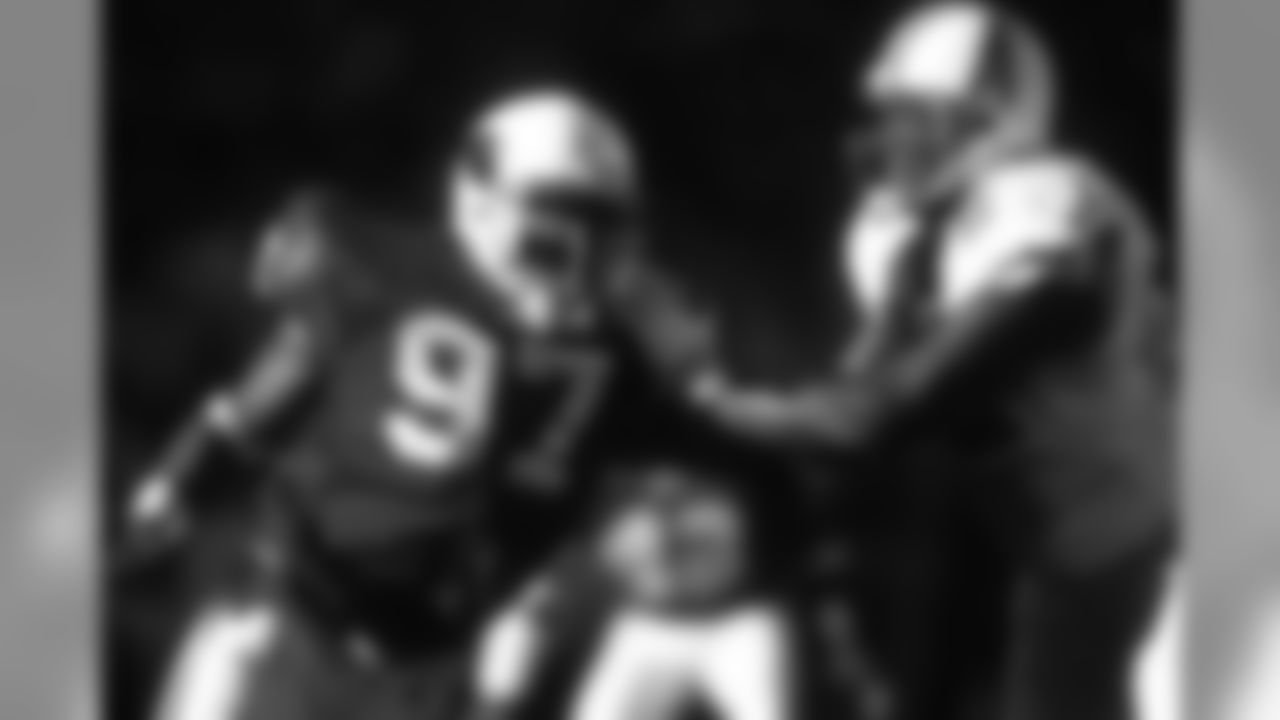
1996: Illinois DE Simeon Rice

1997: Iowa CB Tom Knight
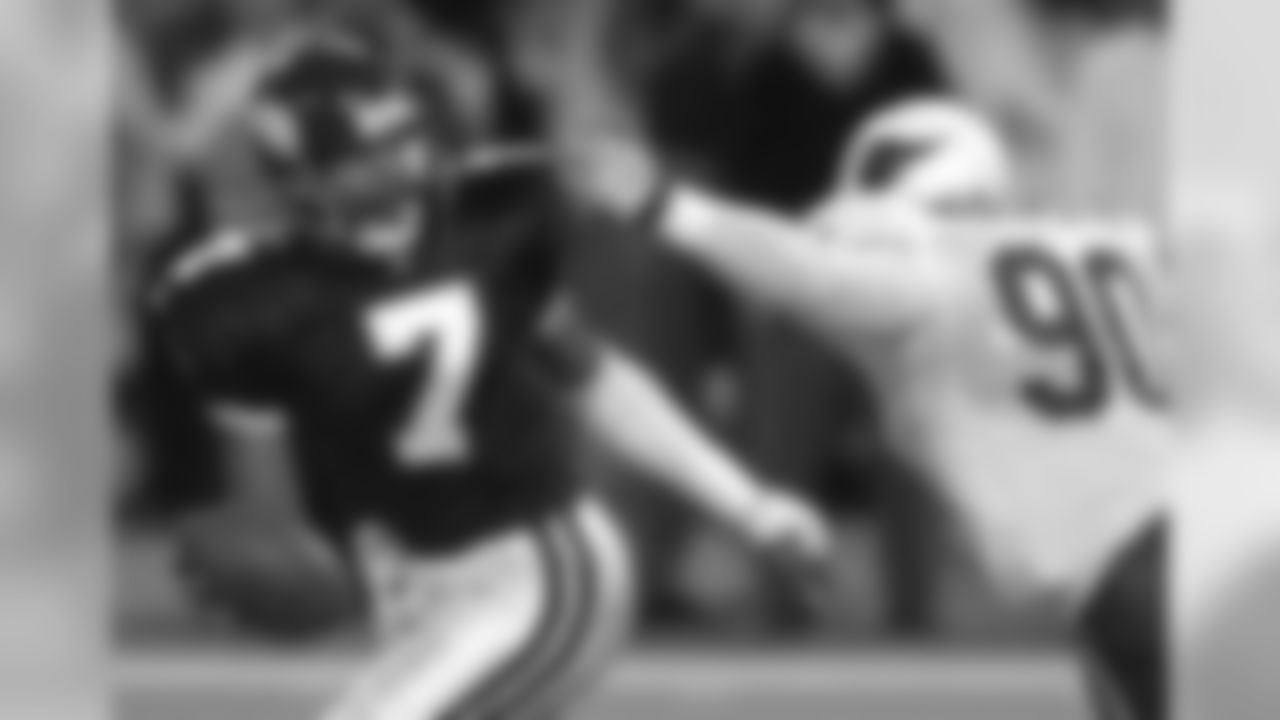
1998: Florida State DE Andre Wadsworth

1999: Eastern Michigan T L.J. Shelton

1999: Ohio State WR David Boston

2000: Virginia RB Thomas Jones
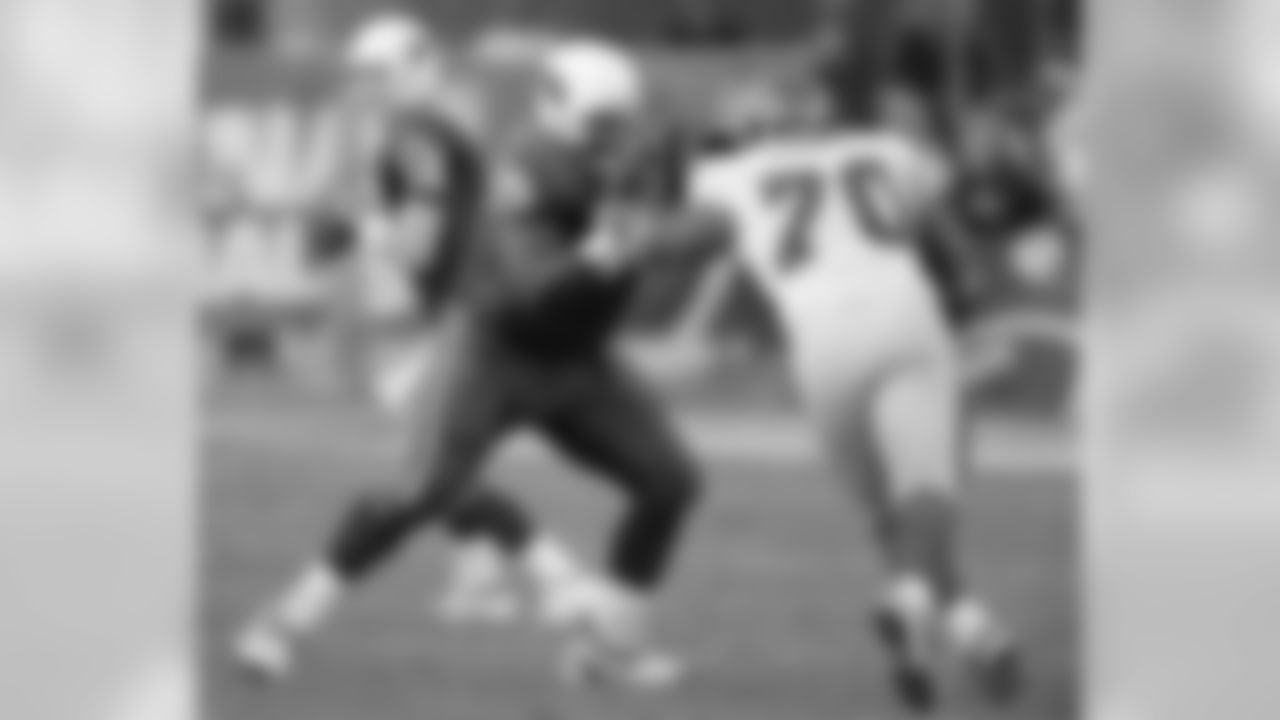
2001: Texas T Leonard Davis

2002: Wisconsin DT Wendell Bryant

2003: Wake Forest DE Calvin Pace
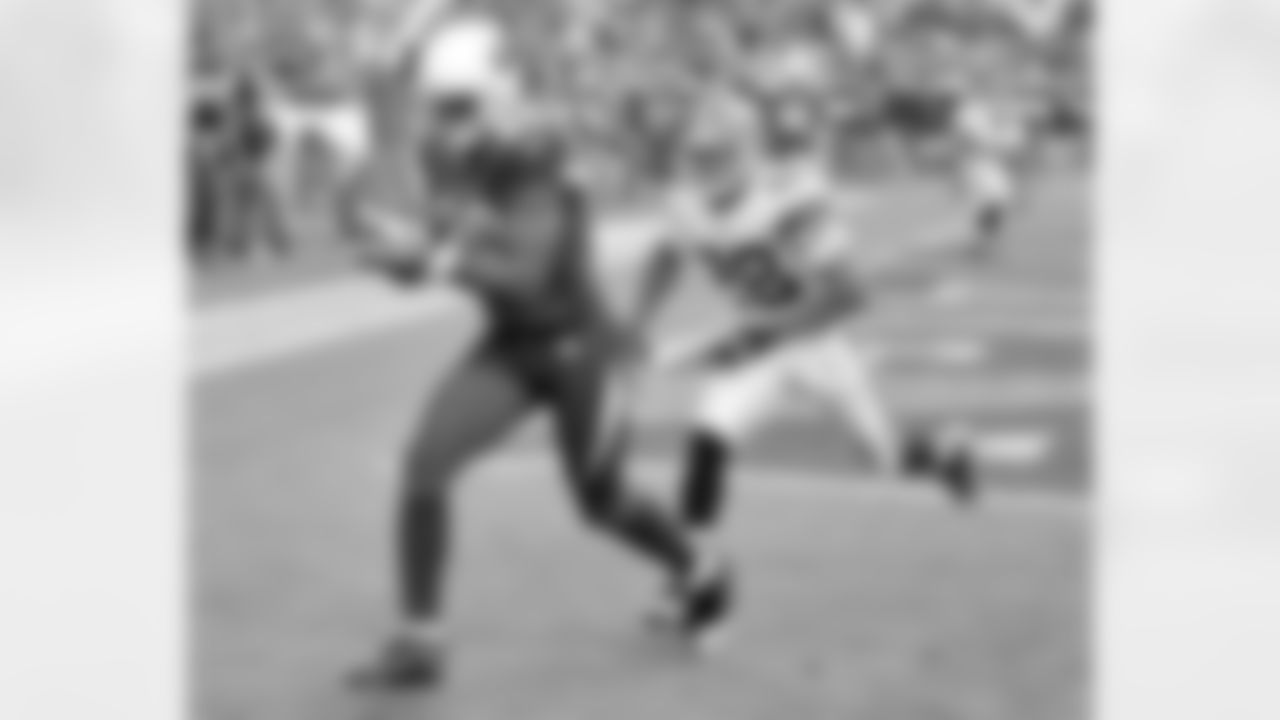
2003: Penn State WR Bryant Johnson
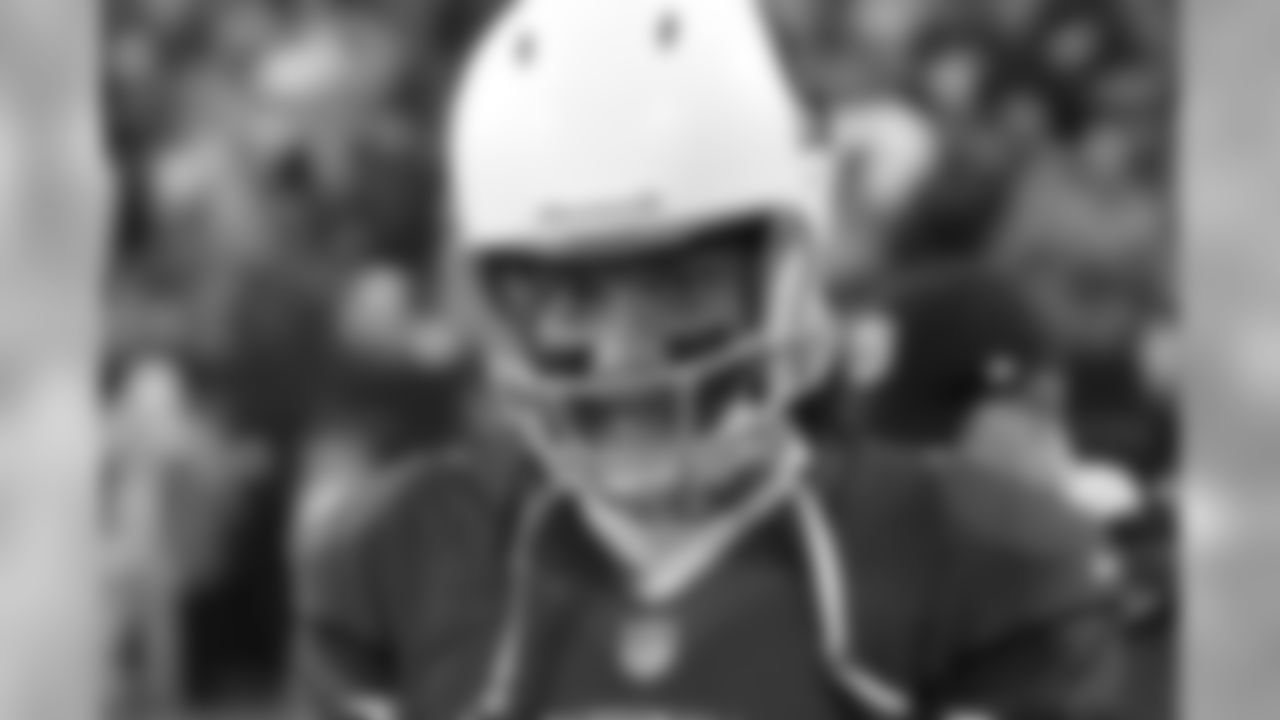
2004: Pittsburgh WR Larry Fitzgerald

2005: Florida State CB Antrel Rolle

2006: USC QB Matt Leinart

2007: Penn State T Levi Brown

2008: Tennessee State CB Dominique Rodgers-Cromartie

2009: Ohio State RB Beanie Wells
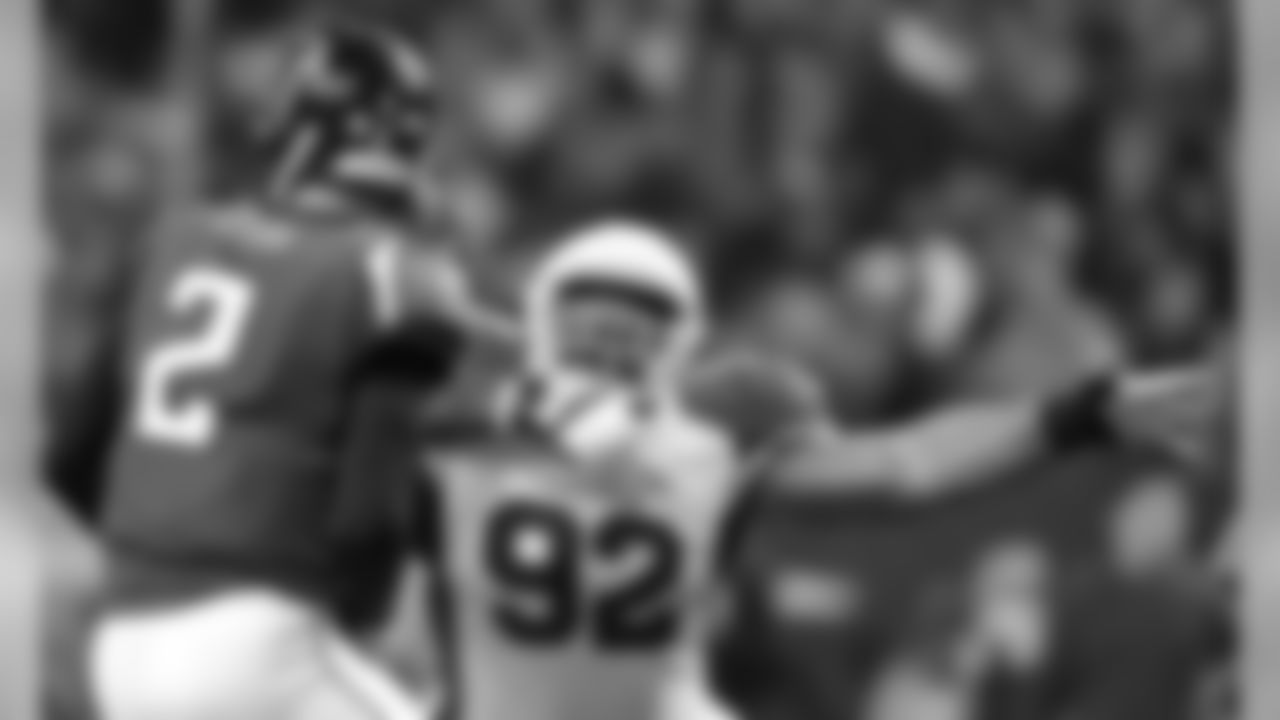
2010: Tennessee DT Dan Williams

2011: LSU CB Patrick Peterson
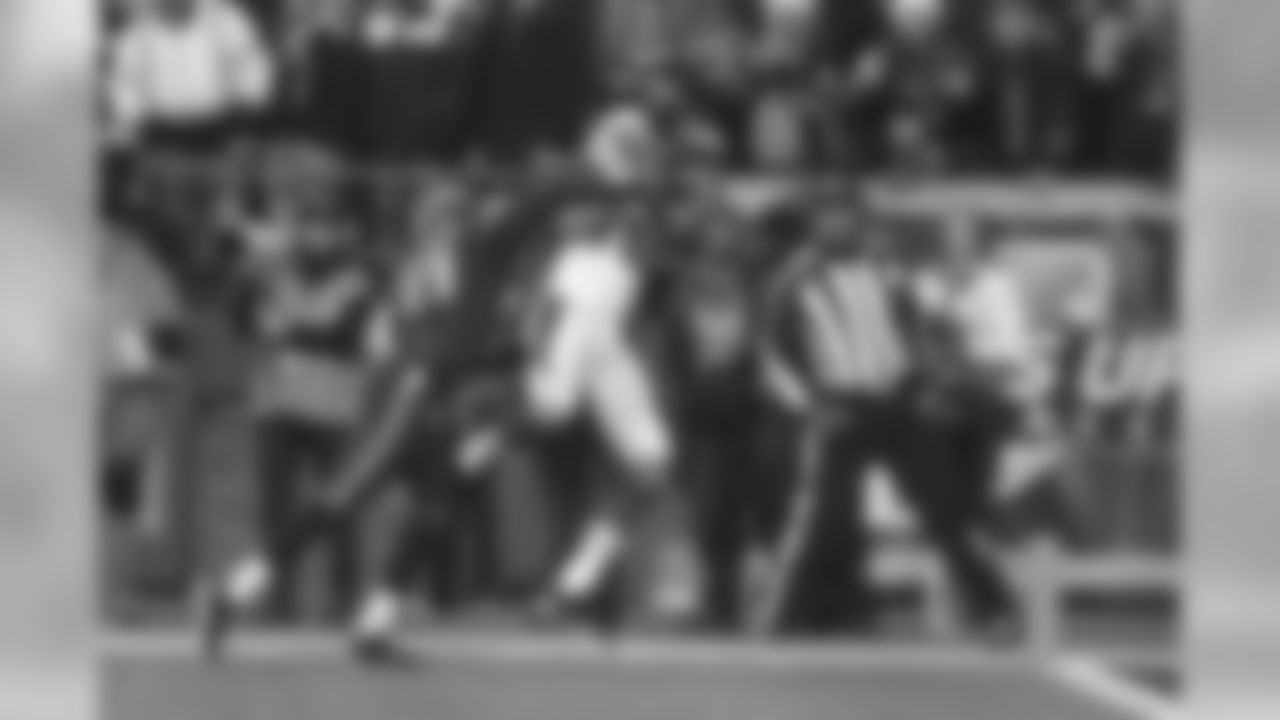
2012: Notre Dame WR Michael Floyd
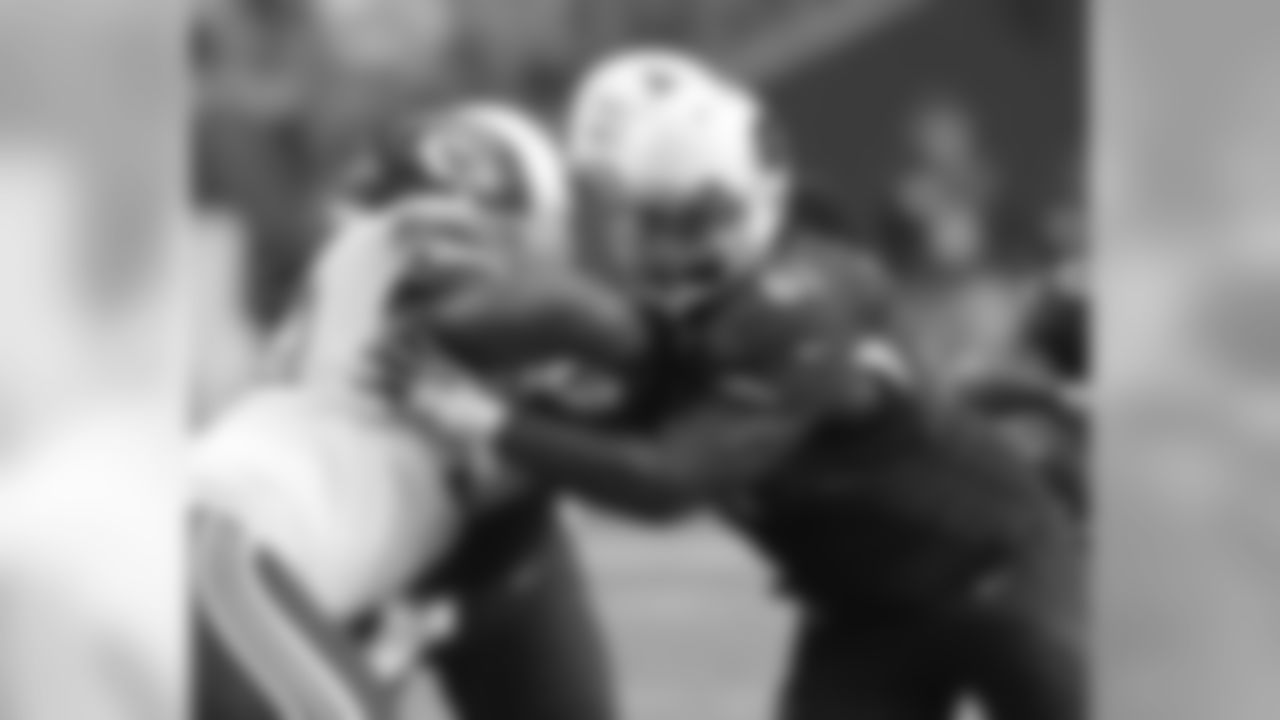
2013: North Carolina G Jonathan Cooper
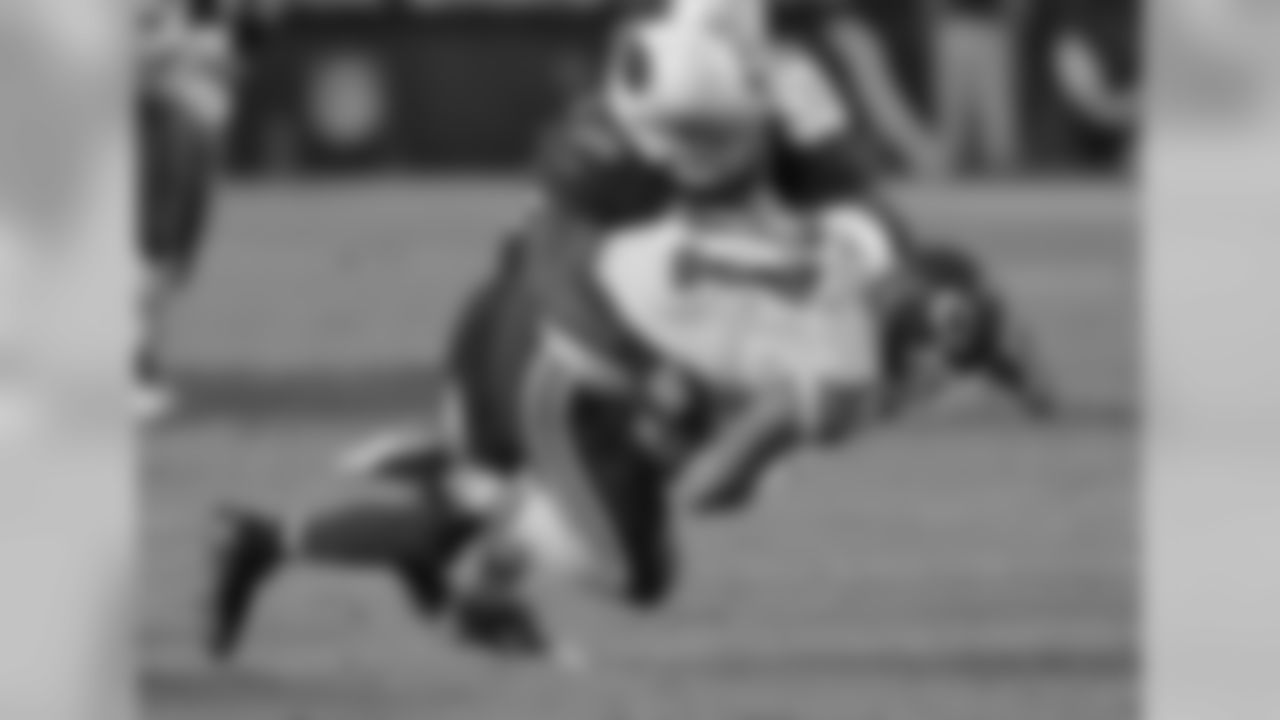
2014: Washington State S Deone Bucannon
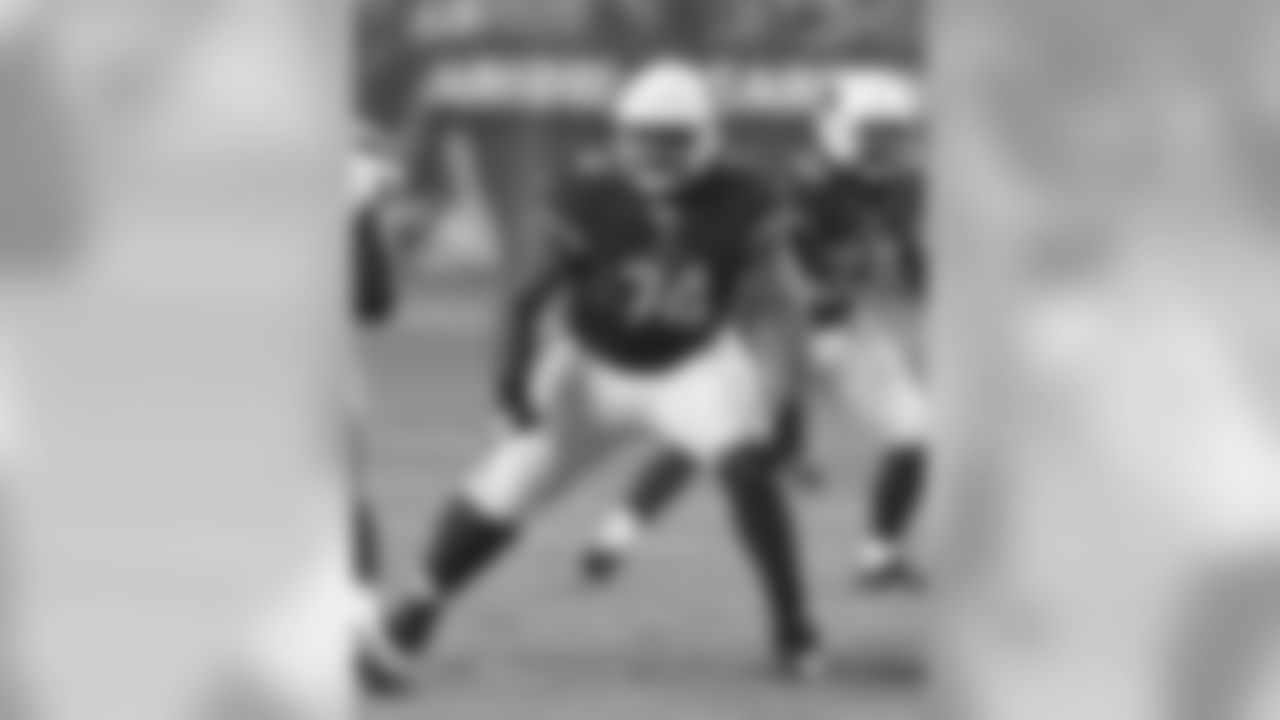
2015: Florida T D.J. Humphries

2016: Ole Miss DT Robert Nkemdiche















